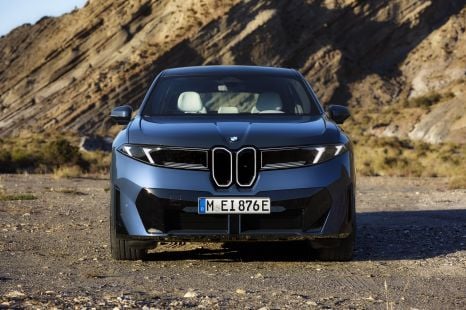

William Stopford
The CarExpert team's favourite reveals from the Munich motor show
7 Hours Ago
German lawmakers have given Volkswagen and Rivian's joint venture their blessing, bringing the partnership one step closer to fruition.

Contributor
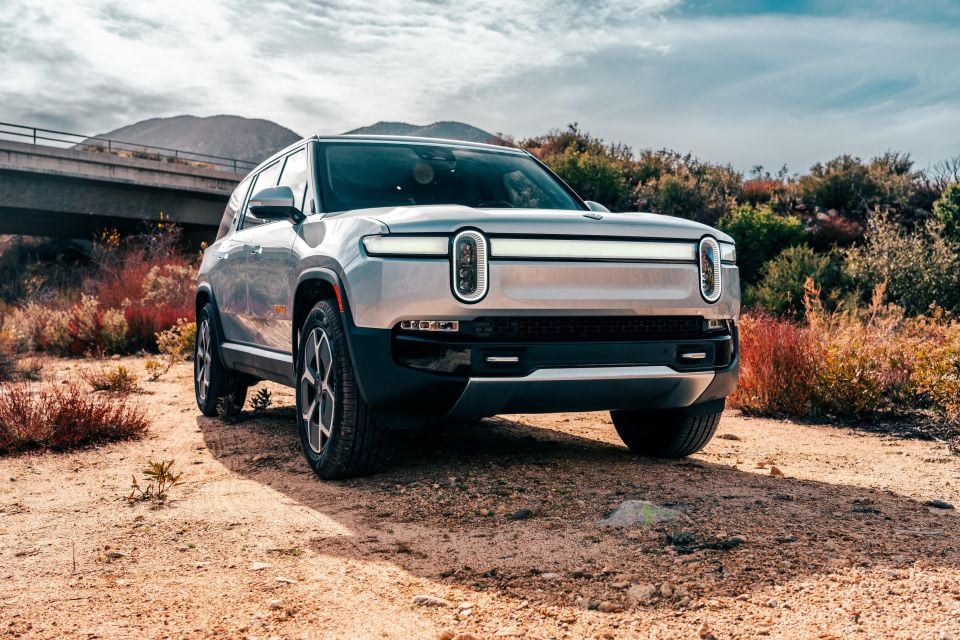

Contributor
A joint venture between German car giant Volkswagen and US electric vehicle (EV) startup Rivian is one step closer to firing into action, after lawmakers approved the partnership this week.
Last month, Volkswagen and Rivian announced they would form a joint venture which would see them work together on next-generation EV technology.
The tie-up would also see the German giant get access to Rivian’s current software and electrical architecture.
This week, Germany’s Bundeskartellamt – the Federal Cartel Office – cleared the joint venture of any concerns relating to potentially stifling competition, either between the companies or among their wider competitor base.
“At its core the cooperation project is about the way in which a large number of complex functions and components are best organised in cars and how they interact with each other,” said Bundeskartellamt President Andreas Mundt.
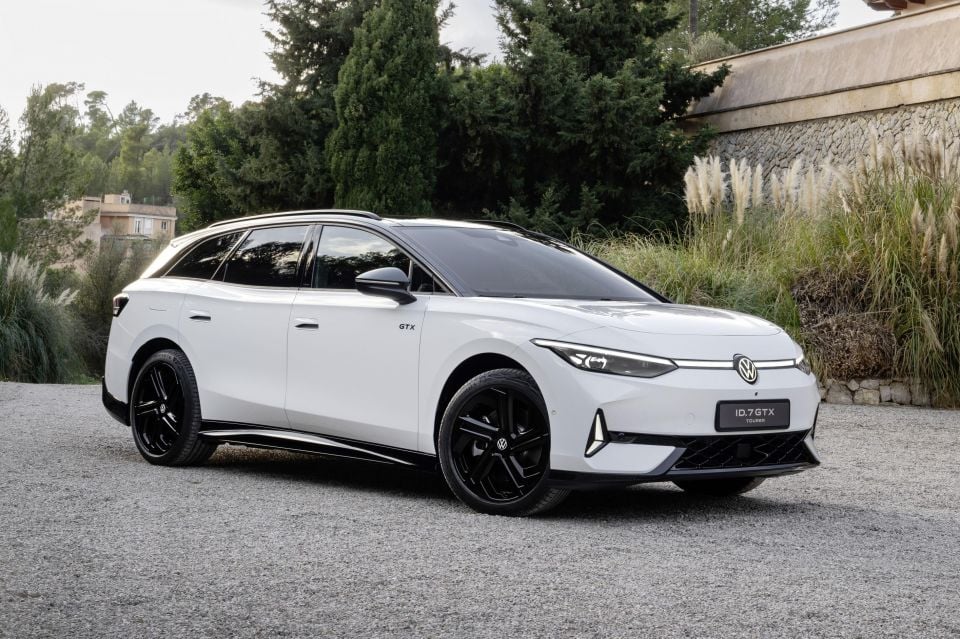
“As cars become increasingly digital and connected, the question of the right system architecture is nothing less than a key competition parameter.
“When it comes to cooperation projects set up to develop new products and technologies in key cutting-edge sectors, particularly those involving large companies, we take a close look at competition in innovation.
“The project does not raise any concerns in this respect, nor does it raise any other serious competition concerns.”
As previously reported, Volkswagen plans to invest US$5 billion (A$7.64 billion) in Rivian between now and 2026.
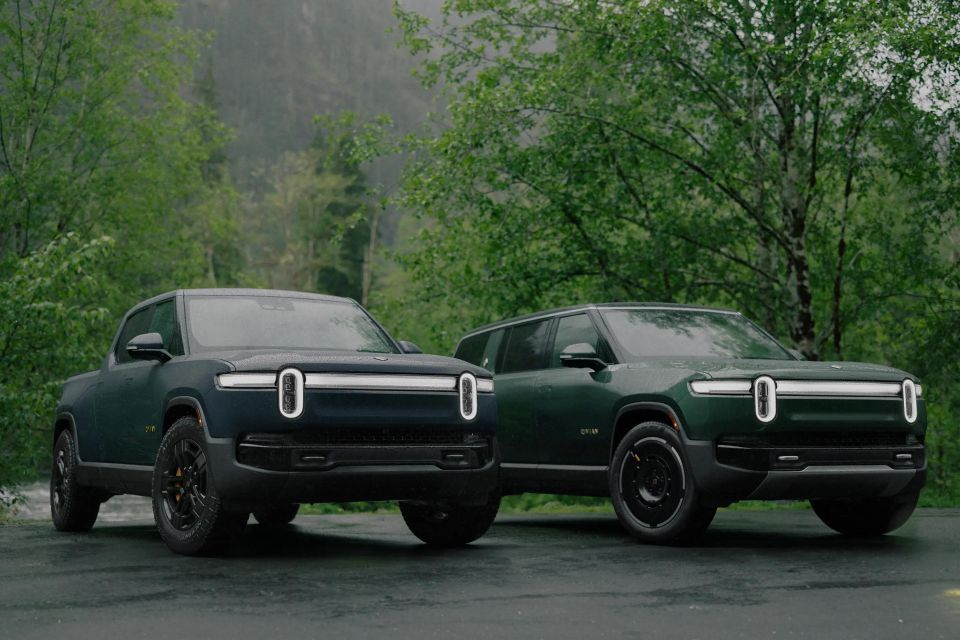
While there has already been “significant work” undertaken to ensure Rivian’s electrical architecture and software are compatible with the Volkswagen Group’s vehicles, the technical feasibility is yet to be officially determined.
The joint venture is aimed at reducing the cost of vehicle development and expediting the process to allow for a faster rollout.
It won’t, however, see the two companies share vehicles. Rivian has said the firms “will continue to separately operate their respective vehicle businesses”.
Both companies have been facing difficulties in recent years.
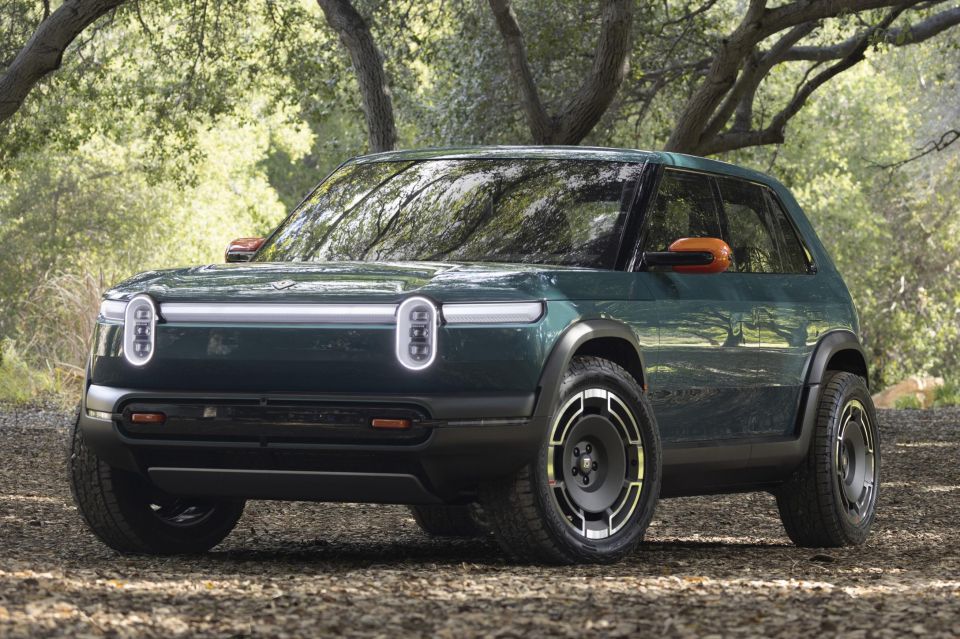
Volkswagen’s Cariad software division has been blamed for delayed vehicle launches, and the company has cut jobs there.
Meanwhile, Reuters has reported Rivian loses nearly US$40,000 (A$61,000) for every vehicle it delivers, and has been renegotiating supplier contracts and building some parts in-house in an effort to cut costs.
At present, Rivian only produces the R1T electric ute and the related R1S electric SUV, however it also revealed the smaller R2 and R3 SUVs earlier this year.
MORE: Volkswagen wants to use tech from Rivian with new joint venture
Born and raised in Canberra, Jordan has worked as a full-time automotive journalist since 2021, being one of the most-published automotive news writers in Australia before joining CarExpert in 2024.


William Stopford
7 Hours Ago
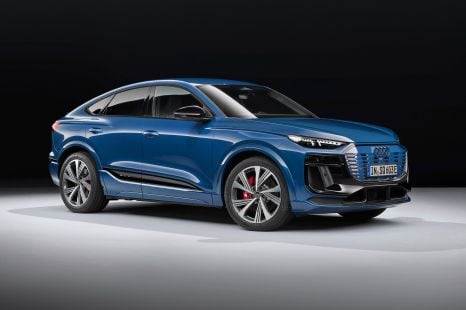

William Stopford
7 Hours Ago
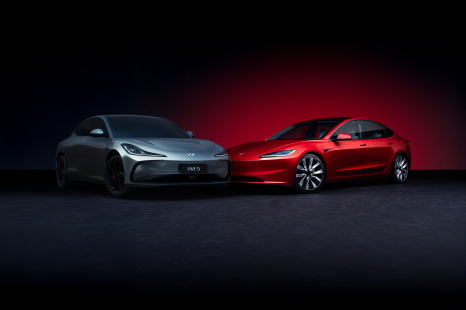

Andrew Maclean
8 Hours Ago
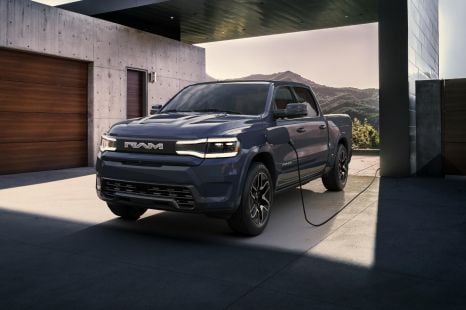

Derek Fung
8 Hours Ago
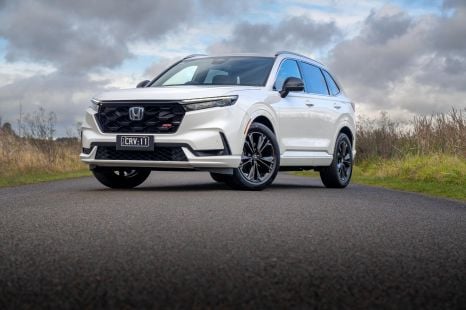

Andrew Maclean
8 Hours Ago
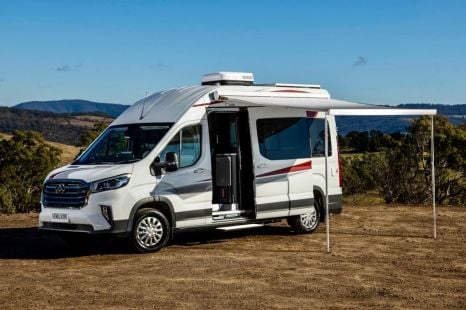

Ben Zachariah
1 Day Ago